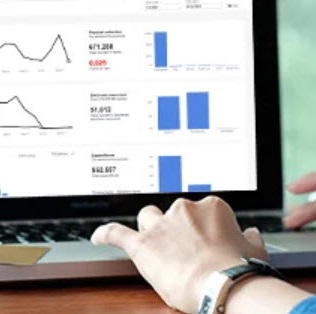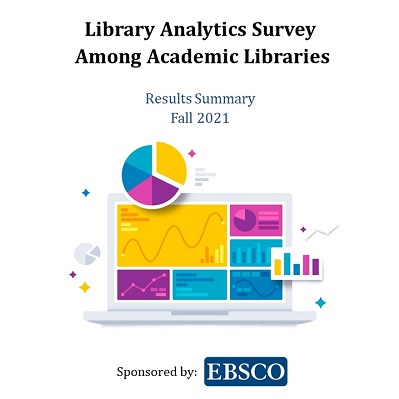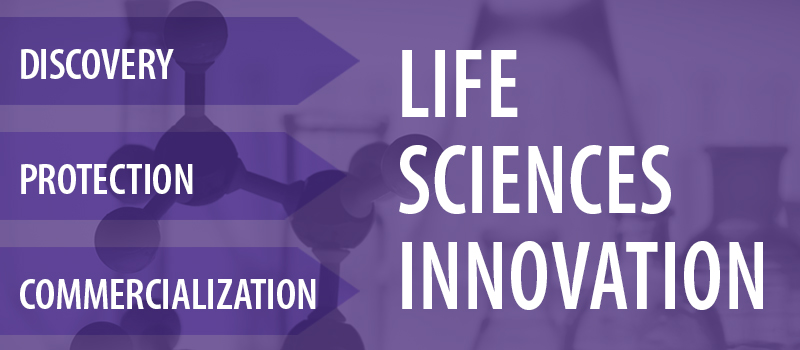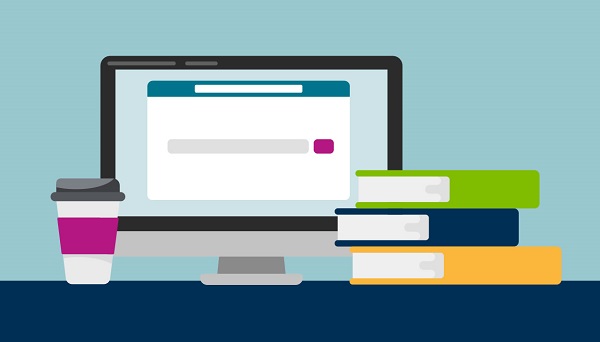EBSCO
9 Articles
From:
To:
Simplifying the Rigorous Reporting Requirements for Campus Libraries
Panorama collects information from disparate sources such as ILS, SIS, and ERP software and merges different data sets into one platform for easy analysis and reporting. The platform includes an IPEDS Data Dashboard that automatically pulls the information required for institutional IPEDS reporting into one simple location, saving staff countless hours of work.
Analytics Play a Key Role in Campus Library Operations
Data now inform nearly every aspect of our lives, and academic libraries are increasingly using data to drive operations. In fact, a new survey from Library Journal and EBSCO reveals that library analytics are critical for understanding how users engage with campus libraries.
DRM-Free e-Books Are Now Available. Here’s Why That’s a Big Deal
Since e-books first emerged as a way for readers to consume content digitally, publishers and authors have required content aggregators to apply Digital Rights Management (DRM) technology to the e-books they sell to libraries to prevent the unauthorized use, copying, and redistribution of these materials. While this practice has given publishers and authors peace of mind that sales won’t be lost to piracy or other unauthorized sharing, it has placed undue restrictions on readers who rely on institutional access to e-books.
Essential Techniques for Life Science Research
On May 3, Library Journal and EBSCO hosted the webinar, “Essential Techniques for Life Science Research.” Nigel Robinson, Director of Content Management at Clarivate Analytics, demonstrates the power of a subject index created by life scientists for thorough life sciences research.
Assigning Seats: Learning the Math Behind Congressional Seating
Learn the math behind determining the number of congressional seats for each state in the United States from the American Mathematical Society, publisher of Mathematical Moments, a program that promotes appreciation and understanding of the role mathematics plays in science, nature, technology, and human culture.
Is Urban Agriculture the Future of Farming at Home and Around the Globe?
Students of sustainable agriculture learn the concepts and techniques they need to practice and promote farming that is environmentally sound as well as profitable, according to the College Board, an organization that connects students to college success and opportunity
The Value of Indexing for Accelerating Research
Whether you’re a librarian, scientist, student or general consumer, when seeking research for your work, relevant information and sources seem plentiful, especially since the internet has made it easier than ever to discover and share content. However, the more there is, the harder it becomes to find what you need.
Six Ways a Discovery Platform Ensures Success with the Google Generation
The “Google Generation”, “Digi Natives”, “Generation Z” – the newest generation of today’s college students have arrived in your library bringing with them a paradoxical challenge
Four Library User Challenges to Address
ALREADY A SUBSCRIBER? LOG IN
We are currently offering this content for free. Sign up now to activate your personal profile, where you can save articles for future viewing










